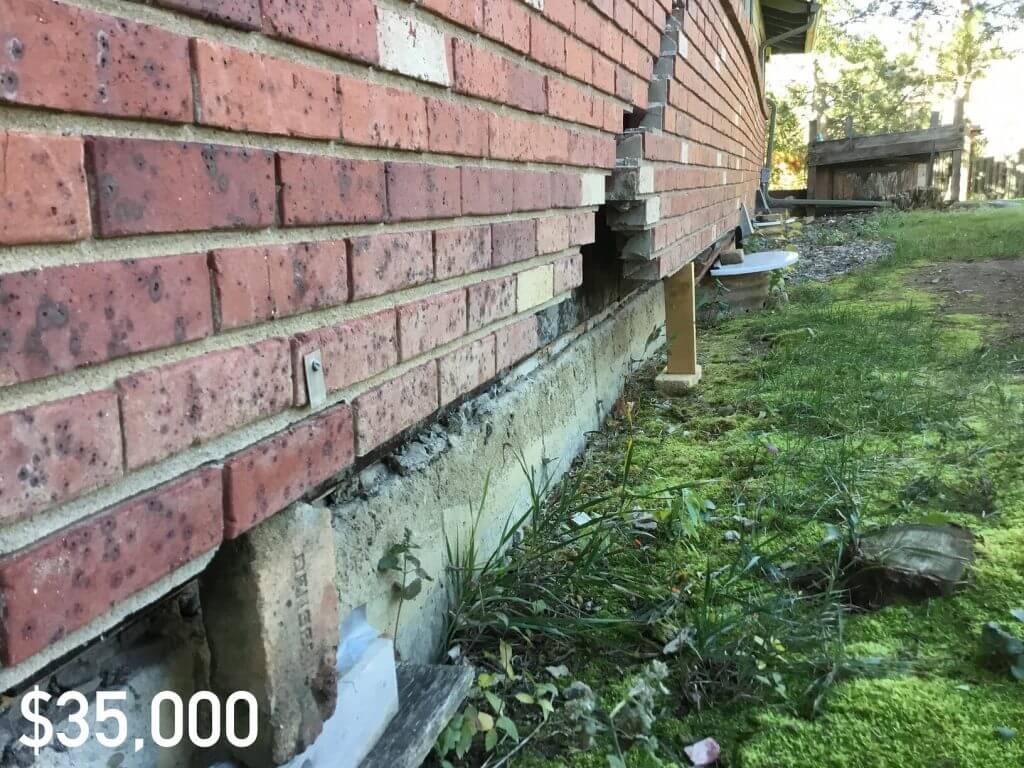The feeling of helping your clients find the perfect home is why you do what you do. But, what happens when you find out that their perfect home may have structural issues?
You may be searching for answers to give your client.
Perhaps the home is under contract, maybe the buyer has paid an earnest deposit, or the objection deadline is coming up.
It’s possible that a general home inspector suggested the homeowner hire a Structural Engineer for a home inspection.
“Do I need to hire a structural engineer?”
The soil system in Colorado is very complex. The soil affects homes in the Front Range more than most people realize. We have seen many different clients buy a property and discover serious foundation problems caused by the soil system.
If your client buys the home with a structural problem, it could cost thousands later when they are trying to sell.

These homeowners bought this home and overlooked the crack in the foundation, eventually, they spent $35,000 to repair the problem.
A crack in the foundation could mean tens of thousands of dollars spent later.
The advantage of hiring a professional opinion cannot compare to the cost of repairing a major structural issue in the future.
Why is a structural engineer an asset to your team?
Something that is commonly misunderstood is the difference between a home inspector and a structural engineer. Home inspectors are crucial to the buying process. They look for an assortment of issues within the home; including plumbing, HVAC systems, water damage, etc. Home inspectors are not qualified to assess structural integrity.
The Colorado law states that Licensed Professional Engineers are the only people who can state an opinion of the structural integrity of a home.
To practice the profession of structural engineering, the state of Colorado requires engineers to meet the following requirements:
- Receive a Bachelors Degree in Civil Engineering from an accredited college/university (4-5 years of school)
- Approximately 5 years of apprenticeship under a P.E., prior to obtaining their license
- Pass multiple accredited examinations
The State Board of Licensure for Architects, Professional Engineers and Professional Land Surveyors consider a person’s experience, education, and examination scores to prove for licensure. Once awarded, the professional needs to abide by the code of ethics, and take a pledge to serve the good of the community.
What kind of structural Engineer do you need? P.E. Licensed; experience with real estate, buying/selling process, home inspections, etc. It is important to hire an unbiased third-party.
What can the structural engineer do for your client?
The Structural Engineer will do a walk-through of the house and check for any structural issues; cracks, movement of foundation, damage from weather, destruction to load-bearing elements, sagging ceilings, windows/doors that stick or won’t close smoothly, etc.
They can tell your client how extensive the problems are and recommend necessary repairs. Then the buyer can make an educated decision on how to move forward with the property.
Recommendation: Find a Licensed Structural Engineer with real estate and home inspection experience. Have them come out to the property as soon as possible.
Having a Licensed Structural Engineer in your contacts can expedite the buying/selling process for you and your client.
Need a structural engineer inspection ASAP?
If you, or the property, is located in the Colorado Front Range [from Colorado Springs to Fort Collins], call our team, and we can help expedite the process.
Our Engineers have extensive real estate experience and have helped many real estate agents navigate through tricky structural questions.
720-408-0119






One Response
I like how you said that it costs way less to hire a structural engineer to look at a house that you want to buy then it is to pay for repairing any damage done to it later. This is a great idea because it can save people tons of money in the future. If I ever try to buy a house again then I’ll be sure to have a structural engineer come look at it for me.